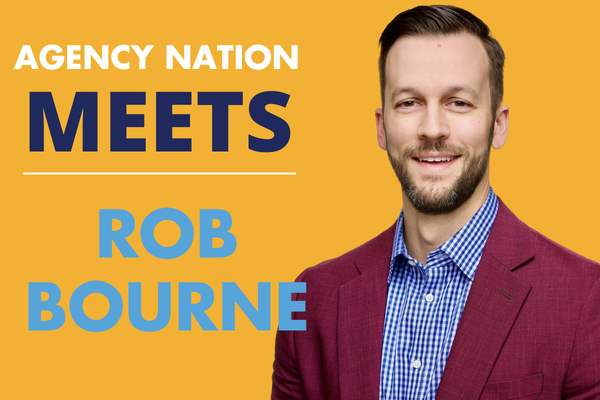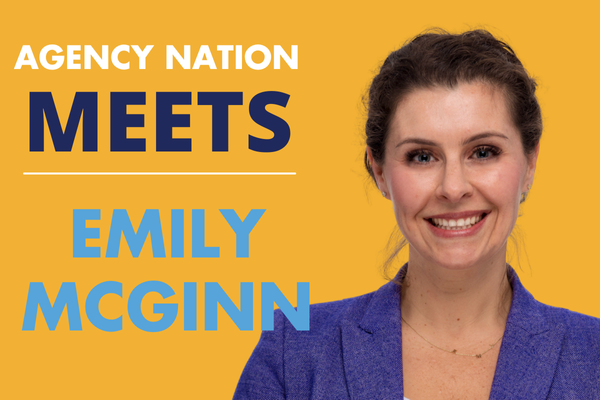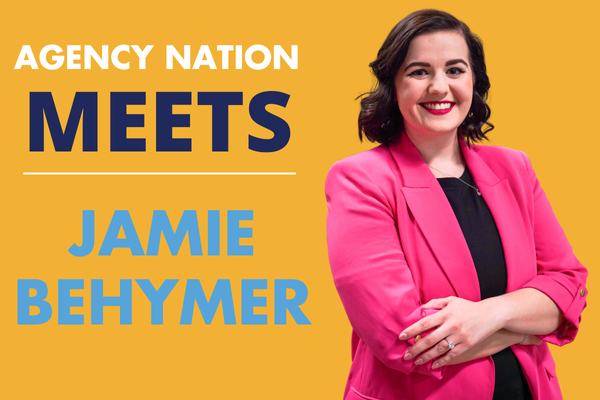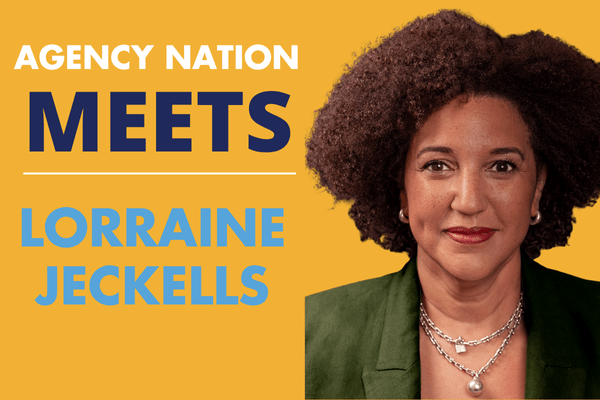What Insurance Needs to Learn From the Banking Industry

By: Jacquelyn Connelly
Consumers are seven times more likely to select a financial services provider that’s fast, convenient and easy—even if they don’t end up with the best results, according to Celent Research Services.
When Reid French, CEO of Applied Systems, delivered that statistic during his keynote address at the Applied Net Client Network Conference yesterday, it didn’t escape his attention that a visible shudder rippled through the audience of about 3,000 independent agents, brokers and other industry professionals.
“I can hear you say that your clients need you to help them insure against the right risks with the right insurers. That’s without a doubt true,” French responded. “But if our industry is to remain relevant, we must recognize that the customer experience is important. Technology clearly plays a role in delivering the convenience, ease and speed customers demand.”
IA connected with French prior to the conference, which kicked off Monday in Orlando, Florida, to discuss how digital demands are changing what constitutes a good customer experience in 2016. “Technological change has been part of our industry since the beginning as a force of good,” he said. “But we shouldn’t forget it’s also raised customer and employee expectations relative to digital delivery.”
Consider the banking industry: “Historically, our banking experience involved a trip to the bank followed by a wait in the teller line. But when was the last time you set foot in a branch?” French asked the audience during his address. “Banking experiences have transitioned to digital experiences. Bills are paid automatically, checks are deposited via smartphone pictures—and throughout this transition, banks have done just fine.”
In fact, most of them have increased client retention and improved profitability, French noted. And while the in-person or phone experience may be superior at an insurance agency compared to a bank, insurance is lagging in a big way when it comes to client portals and mobile apps.
“A lot of agencies are still having policies physically mailed to clients, bills physically mailed to clients, emails of policies,” French said. “And that’s not the end of the world, but the reality is most consumers expect today to be able to interact with their financial services provider through a password-protected portal.”
Many insurance carriers have already responded to this demand by rolling out their own client portals. But “the majority of insurance consumers do not have all their policies with one carrier,” French pointed out. “Are we trying as an industry to say, ‘For agent-sold business, when you want to interact with your policy electronically, you have to remember four logins for four different providers’? That’s the wrong answer.”
The right one: offering a client portal or mobile app to consumers that is branded around your agency and provides easy access to policy, claims and billing details. “I’m sure your personal bank has a client portal you log into to see your transactions to move money, but I bet it also has an app,” French said. “The reality is the usage of client portals at banks is declining, while apps are exploding.”
And don’t forget about another way other financial services industries have managed to succeed where insurance hasn’t: talent recruitment. For your typical millennial, a position at an insurance agency doesn’t quite have the same caché as a job on Wall Street, for example—and you can hold dinosaur technology partially accountable for that perception.
“If you’re a millennial and you show up to work at an agency and the way in which you service your customers is through a massive spreadsheet, you’re going to go, ‘Huh. A spreadsheet? Really?’” French pointed out. “If you’re at home and you’re trying to respond to your email and you don’t have any access to the management system to be able to actually service that customer, it feels like there’s no investment. It feels like a place that’s not set up to succeed.”
Ouch. Make sure your prospects, clients and would-be employees don’t dismiss your agency as such. “We don’t have to be the smartest or the strongest to survive,” French said. “We just have to be the most adaptable.”
For information about launching a mobile-responsive website and client-facing mobile app at your agency, keep an eye out for the October issue of Independent Agent magazine.
Jacquelyn Connelly is IA senior editor.










